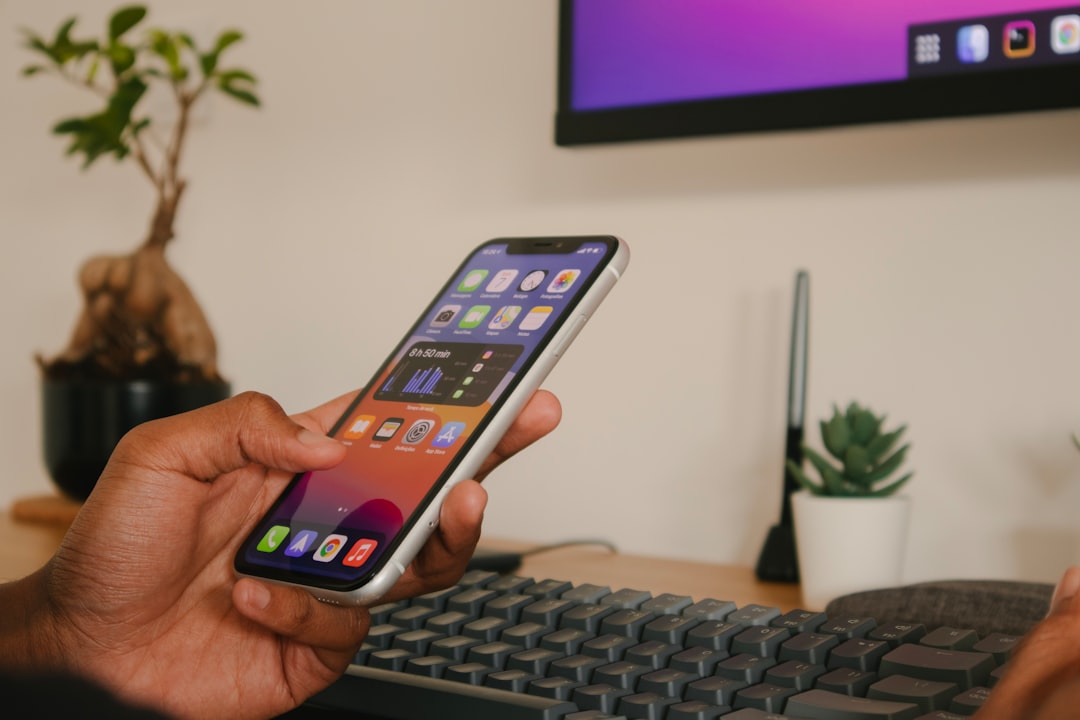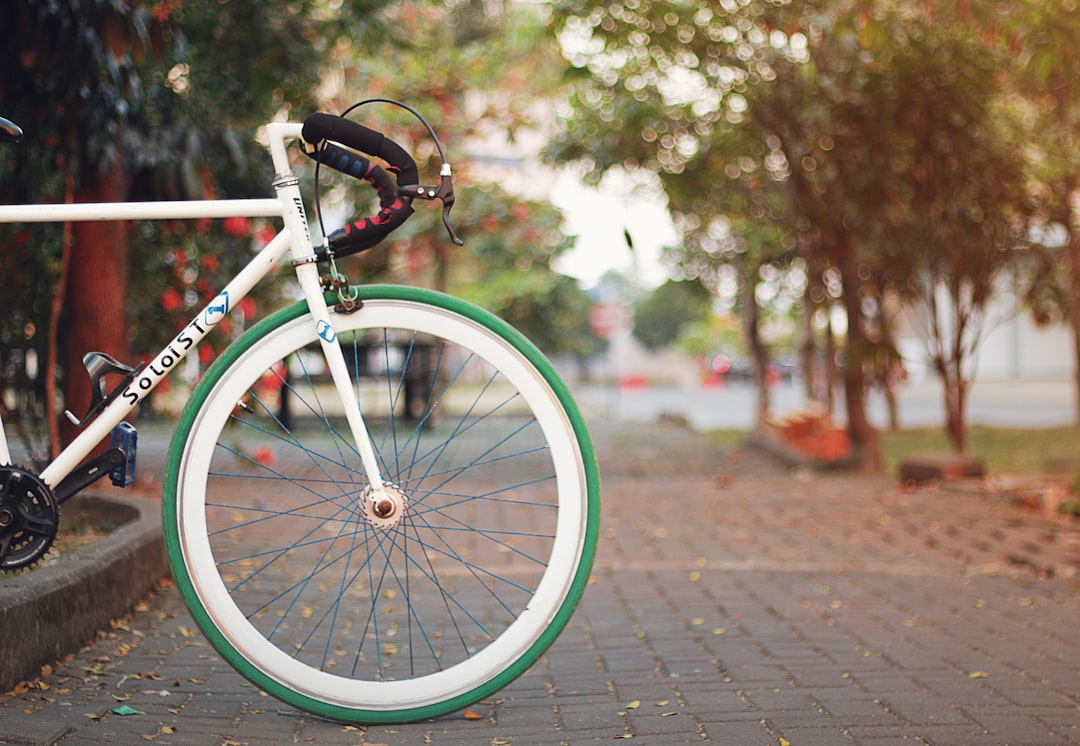Introduction
Your smartphone is the enemy, at least most days. While these technological inventions possess incredible abilities for productivity, they also create rabbit-hole universes that kill such upsides. Their development has been so rapid. Their adoption became so vast that we didn’t get a chance to adapt to their increasing number of features. In 2008, they could call, text, and surf the web with difficulty. There were sleuths of commercials dedicated to the importance of call quality, texting, and how one telecom provider was better than others. The advertisement world was limited to the printed word, billboards, and television. Services, social networks, and communication was often delegated to the big computer screen and not ever present in our pockets.

By the middle of the following decade, however, they could track anything from our location to our most intimate moments. They gained superpowers that we couldn’t imagine. Unfortunately, with their great power, they offloaded the responsibility to many, including myself, who were not ready. I remember the transition from a trusty slider QWERTY phone to a touchscreen. It felt revolutionary. I could listen to music while texting with my friends, download maps, and check my email at a moment’s notice. The rush of power created an attachment to the new technology. An attachment that grew as I became more dependent on the conveniences provided.
Codependency
A simple definition of codependency is a relationship that necessitates something other than oneself. The proper and unfettered function of each party becomes more difficult, some would say impossible, without the presence of its counterpart. As smartphones have increased in functions, we have offloaded and extended our human capabilities through the lens of the screen. Phone numbers, information recall, creativity, and more have been delegated to the ever-present devices that rule our time and consciousness. Evidently, this is not the first time that devices have created a codependent relationship in the history of humanity. Before the smartphone, television, laptops, and the radio created attachments into our lives that some were not able to control. However, all of these devices were large or location-driven which limited their reach. The smartphone, on the other hand, is small, combined all other interests, and created a never-ending stream of content that captured the imagination of our generation.
At this point, I’d like to say that not everyone has a codependent relationship with smart devices. It is possible to create healthy boundaries within this realm and its usage. It takes the building of a disciplined approach, time-limited engagement, and the reframing of our technology as tools instead of extensions of ourselves. If you feel codependent or fully dependent on your smart devices, there is hope!

A Return To Inconvenience
QR codes have exploded in usage since 2020. Restaurants, churches, advertisers, hospitals, and all kinds of businesses use them to communicate, collect data, or create an experience via the screen. They were touted to initiate the advent of contactless operations. You could now pay without a card, see the menu of your favorite shop, and sign up for the latest news. The intention was to make life convenient, yet it didn’t make it so.
As human beings, we are shaped for connection. We desire to touch, feel, and connect with our surroundings. From our days as children to our years of adulthood, we remember best when the experience is palpable. When the smell of chicken permeates the air, I get transported to my mom’s kitchen where she fed me and created savory dishes for me. As soon as someone says the words “South Bend,” memories of dates with my wife flash back and fill me with joy. A specific shade of teal reminds me of a banquet I went to as a teenager where the dish fell on my lap to the embarrassment of my date. Whether through sound, visuals, smells, or taste, we are wired to bond with our senses.
Thus, a return to inconvenience is a good step toward the elimination of our imbalance. Ask for the menu, walk instead of Uber, read the newspaper, request directions from strangers, whatever it may be make the experience memorable. Instead of defaulting to our screens for service, create space to connect with the outside world and resist the drift towards convenience. It hasn’t made us stronger, only lazier.
Live like the past, not in the past
A faulty assumption is made when we think smartphones have simplified our lives. While their physical size has reduced the number of devices we carry, their complexity has made some lives troubled. Before the flood of apps on the store, an mp3 player, a map, a book, a laptop, and a flip phone was carried through the day. Each had a specific purpose and provided only a portion of information. As technology consolidated functions, smart devices linked this information and made it easily accessible. Companies, since, have rushed to explain how the linkage has saved us time, creates simplicity, and reduces space.
However, they forgot to detail how a portion of people would spend more time using “social” apps than GPS, how our anxiety would double, and the stream of personal information we would be handing over to them so they could monetize it. As it is usual, the introduction of new technologies preyed on our human weaknesses, exploited them, and then the companies behind them provided a “solution.” They introduced screen time and “self-regulation” as viable ways to regain some of our sanity without providing real change. (It reminds me of the “old story” of how our government created car dependency via highways leading to pollution and congestion, and introduced electric cars as a solution, while still undermining greener public transportation like bikes, faster trains, or walkable neighborhoods with mixed zone usage. But that’s politics, so I digress.)

Living like the past, therefore, provides a possible next step after returning to some inconveniences. Buying dedicated devices will separate the interconnectedness and dependency on smart devices. Carefully planning our day to read, listen to music, work, and communicate with loved ones will provide space for our brains to adjust to a simpler lifestyle. Instead of the context switches our smart devices bind us to, we regain intentionality in our jobs, personal interactions, and boredom space. Living like the past may help us shape a simpler and more satisfying future.
Conclusion: Start with Order
This has been a simple post on how our smartphones have created a sense of (co-)dependency, made our lives complex, and reduced our time for connection. Regaining the agency we once had won’t be easy. We have become accustomed to and reliant on some of these conveniences. Returning to a simpler era may not be completely possible, nor we should romanticize it either. However, it is not all lost. If we create an orderly plan for our day, we can achieve our goals. Adapting Cal Newport’s concept of the Deep Life, I have made a sketch of my ideal day. Below, you can see an example of what I’d consider a good day which I hope motivates you to create your own personal philosophy of a good day!
Here is a chart for those that love looking into percentages.
Thanks for reading. See you next time!





Loved it!
This was stellar. I’ve said almost verbatim to many of my good friends here.